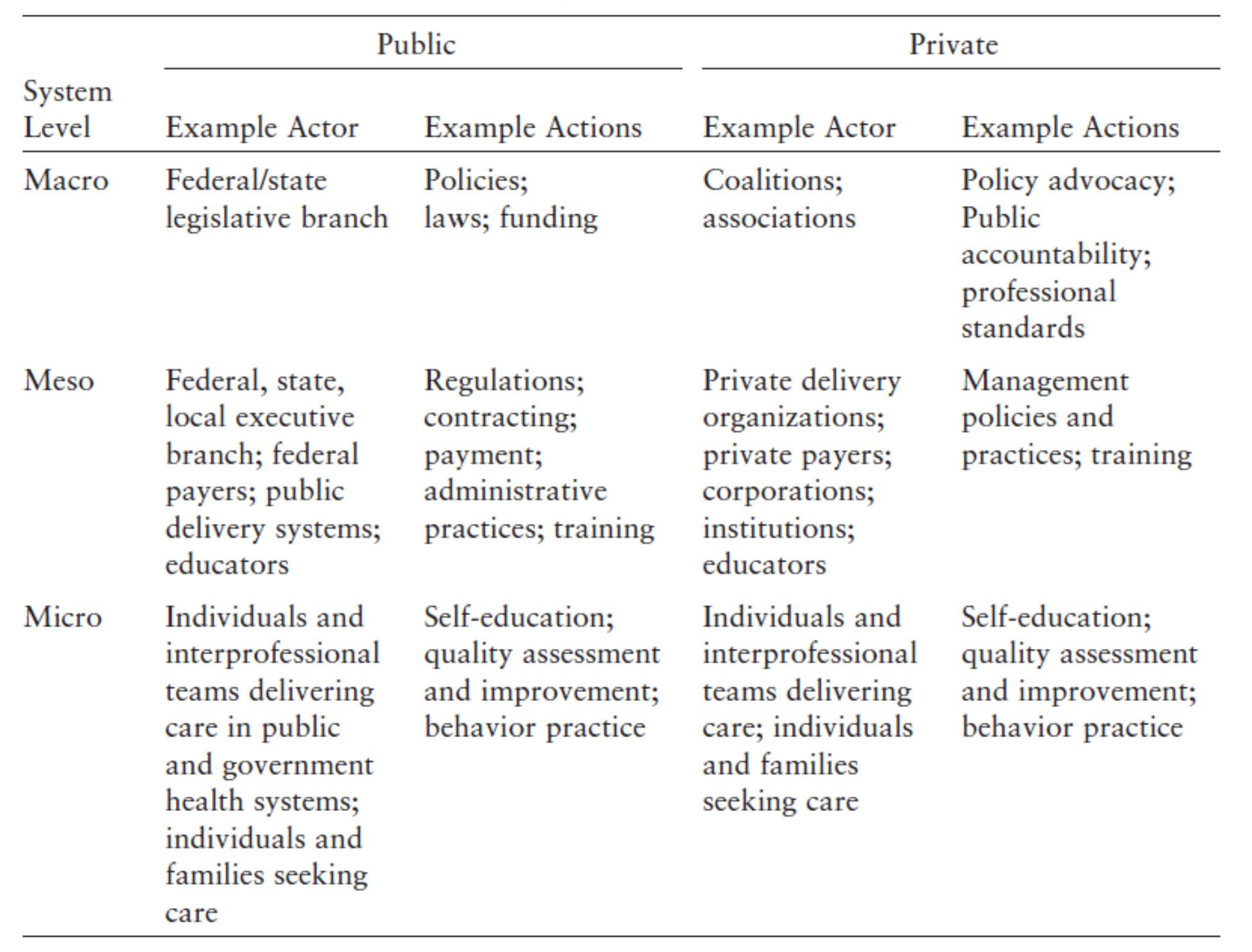Pathway Director
CURRICULUM AND PATHWAY DIRECTOR
Anders Chen, MD, MHS
Director, Health Systems Pathway
Internal Medicine Residency Program
The Health Systems Pathway is designed for residents who are interested in a career which incorporates both clinical care and improving systems of health care delivery. The pathway provides residents exposure to different avenues for health systems improvement (e.g., focusing at the micro, meso and macro levels of change*; or applying research, managerial or policy approaches**), professional development mentoring to explore potential areas of focus, and experiential work to develop the skills to be future physician-leaders.
Interested residents must apply in January of their intern year.

* https://www.nationalacademies.org/our-work/implementing-high-quality-primary-care
** https://pubmed.ncbi.nlm.nih.gov/23165276/
Overview
Curriculum
The R2 year allows residents to build a foundation in clinical microsystem quality improvement work. During the immersion block residents lead a high-level, multidisciplinary improvement project at Harborview Medical Center, with support from Harborview’s process improvement team and administrative leadership.
The R3 year is focused on meso and macro levels of change. Residents can choose from three existing arcs developed based on experiences from prior residents, or design other independent electives. The existing arcs are:
- Payment and Delivery Evaluation: residents can work with UW's Value and Systems Science Lab on analyzing policy and/or evaluating health systems issues related to health care payment and delivery.
- Health Policy: residents can work at the Washington State Health Care Authority, the state agency which administers the state Medicaid, Public Employee Benefits Board, and the School Employees Benefits Board programs, making it the largest purchaser of health care in the state and a major driver in state policy.
- Administration and leadership: residents can work with medical directors and quality and safety physician leadership at our various medical centers (both inpatient and outpatient), to gain more insight and experience in leading health care organizations.
Examples of previous independent electives include working with the UW Chief Diversity Officer to address racial disparities in breast cancer screening. Residents can collaborate with Department of Medicine Health Systems leadership to explore independent proposals.
Current Residents
| Grad '26 | Grad '25 | Grad '24 |
|---|---|---|
| Ariana Stuart, MD | Christine Chow, MD | Jonathan Avery, MD |
| Caleb Walters, MD | Lauren Lin, MD | Jason Castaneda, MD |
| Prasanthi Vemu, MD | Adrian Lena, MD |
Pathway Residents: What are they doing now?
As of the 2023-2024 academic year, we have graduated 6 cohorts of Health Systems Pathway residents. What are they doing now?
- 4 are currently pursuing additional training: 1 health services research fellow; 1 health equity fellow; 2 cardiology fellows
- 3 completed Chief Resident years, including 2 in quality and safety
- Geriatrician and physician innovator
- Hospitalist and associate medical director of the hospitalist group
- Hospitalist with FTE from the Washington State Health Care Authority for policy work
- Academic primary care physician with FTE for QI and education
- Primary care physician and director of public health and medical education for tribal health center
- Academic and community hospitalists


